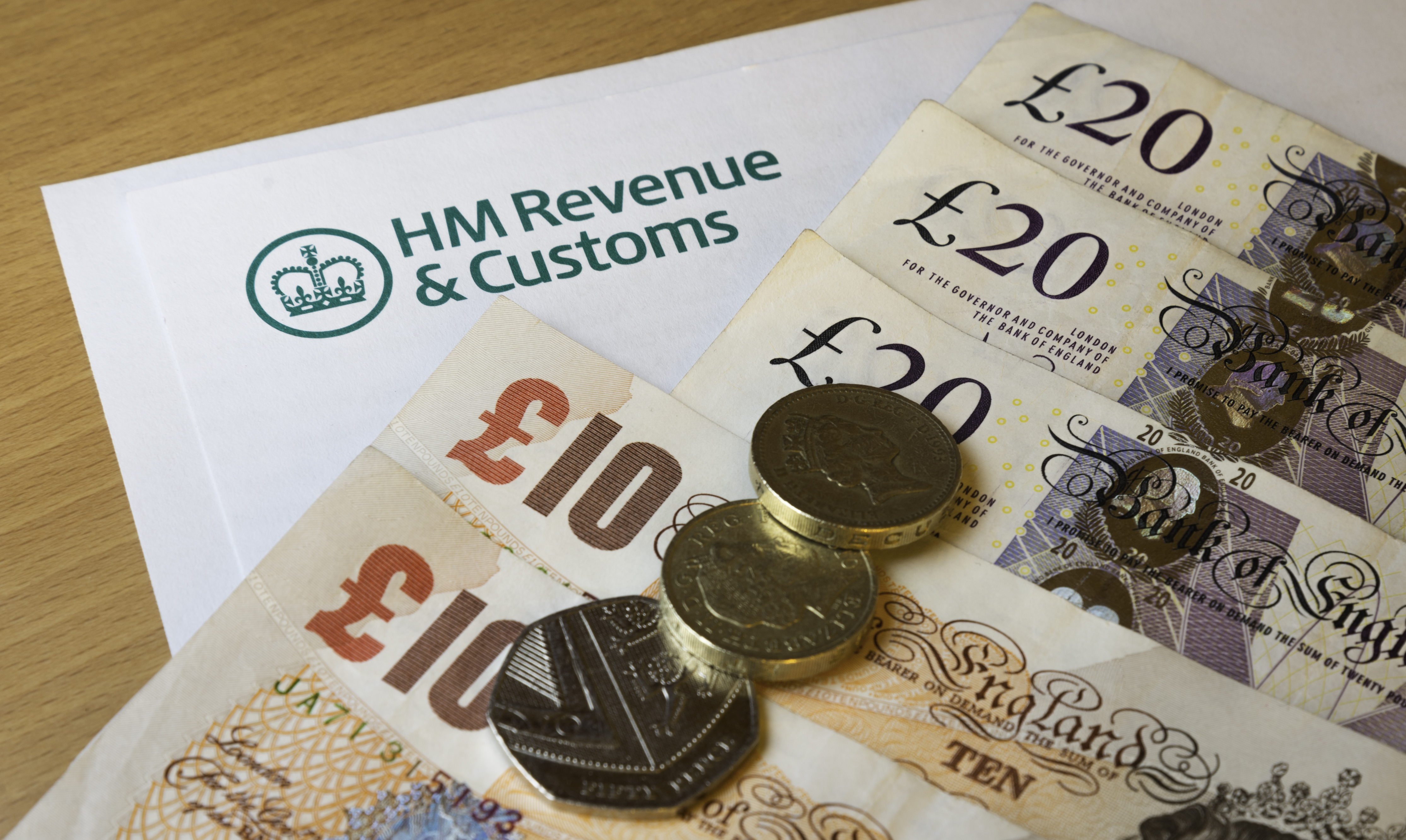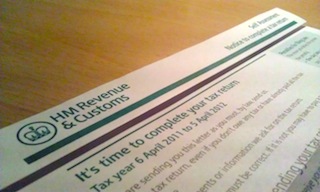Important changes to how PSCs are reported to Companies House
Are you looking to lodge a Confirmation Statement for your limited company? If you are, then you should be aware of the changes that are shortly going to be in place. Companies House will shortly be making changes to the way companies must report details of their People with Significant Control (PSCs). While the date of implementation is still subject to confirmation, it is provisionally scheduled to take place on 26 June. If it doesn’t take place on that date, then it is assumed that it will follow shortly thereafter.
What do we currently need to report as a limited company
An officer of the company is currently required to:
- Identify the people with significant control (PSCs) over the company and confirm their information (anybody with greater than 25% of the shareholding, or voting rights.
- Record the details of the PSC on the company’s own PSC register
- Provide this information to Companies House as part of the annual Confirmation Statement (formerly the Annual Return); and
- Update the information on the company’s own PSC register when it changes, and update the information at Companies House when the next Confirmation Statement is made.
Proposed changes to the PSC Register process
From 26 June 2017, PSC information will no longer be updated annually on the confirmation statement. Instead there will now be a requirement for the central register to be “adequate, accurate and current”, companies will need to report PSC changes to Companies House as and when they happen, on an events driven basis.
Changes that companies will need to report both to Companies House, as well as update the company register include:-
- Any new Person of significant control, if for example shares have been transferred that takes their shareholding over 25%.
- Any specific changes to the details of the Person of significant for example, if the {PSC changes address.
- The nature of a PSC’s control over the company if it changes
- Someone ceasing to be a PSC, for example, they sell shares so that they now hold 25% or less of the company’s shares or voting rights


